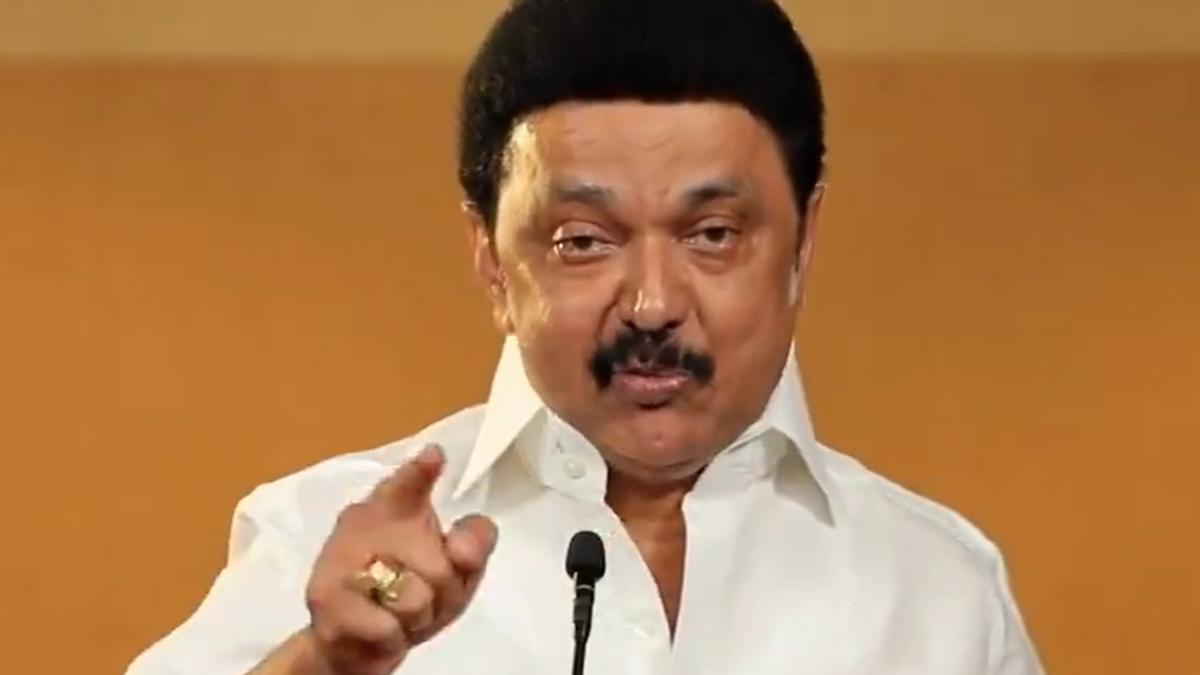TAIPEI, Taiwan (AP) — Taiwan’s presidential candidates expressed desire for peaceful relations with Beijing, which has described Jan. 13 elections on the self-ruled island as a choice between war and peace and stepped up harassment of the territory it claims as own.
William Lai, the frontrunner and currently Taiwan’s vice president from the ruling Democratic People’s Party, said in a televised debate Saturday that he was open to communicating with the government in Beijing, which has refused to talk to him or President Tsai Ing-wen.
Beijing favors the candidate from the more China-friendly Nationalist, or Kuomintang, Party, and has criticized Lai and Tsai as “separatists” and accused them of trying to provoke a Chinese attack on Taiwan.
Tensions with China have featured strongly in the presidential campaign.
Political Cartoons
Lai -– who tops most opinion polls -– promised to help strengthen Taiwan’s defense and economy if elected.
“As long as there is equality and dignity on both sides of the Taiwan Strait, Taiwan’s door will always be open,” he said during the debate. “I am willing to conduct exchanges and cooperation with China to enhance the well-being of the people on both sides of the Taiwan Strait.”
“The international community has realized the threat China poses to Taiwan and the international community,” Lai said. “In fact, everyone is already preparing to respond. We should … unite and cooperate to ensure peace.”
Hou Yu-ih, the Kuomintang candidate, also said he sought peaceful relations with Beijing.
The Kuomintang previously endorsed unification with China but has shifted its stance in recent years as Taiwan’s electorate is increasingly identifying as Taiwanese -– as opposed to Chinese -– and wants to maintain the status quo in relations with Beijing.
Hou said he opposed Taiwan’s independence but also a potential unification under China’s “one country, two systems” framework, which Beijing has used to govern Hong Kong, a former British colony that returned to China in 1997. Hou said he sought “democracy and freedom” for Taiwan.
The third candidate, Ko Wen-je, from the smaller Taiwan People’s Party, referenced a quote by U.S. Secretary of State Antony Blinken regarding U.S.-China relations, saying that “Taiwan and China will cooperate if they can cooperate, compete if there’s a need to compete, and confront each other if they must confront each other.”
“The people on both sides of the Taiwan Strait are of the same race and have the same history, language, religion and culture, but at this stage, we have a different political system and way of life,” Ko said, adding that “Taiwan needs self-reliance, and both sides of the Taiwan Strait need peace.”
“We have to make it clear to the Chinese government that my bottom line is that Taiwan must maintain its current democratic and free political system and way of life,” Ko said. “Only if these conditions are met can we have dialogue.”
Associated Press video journalist Johnson Lai contributed to this report.
Copyright 2023 The Associated Press. All rights reserved. This material may not be published, broadcast, rewritten or redistributed.






